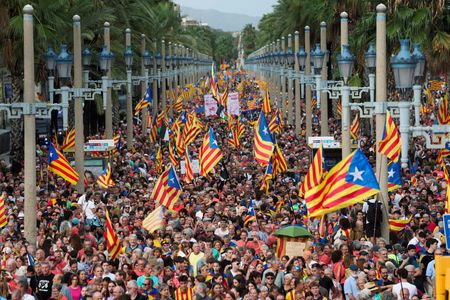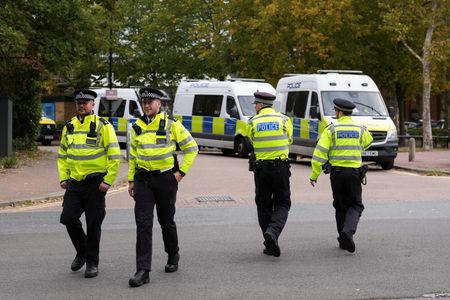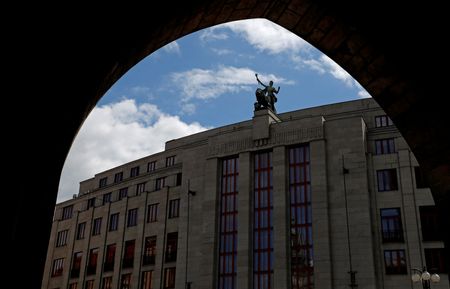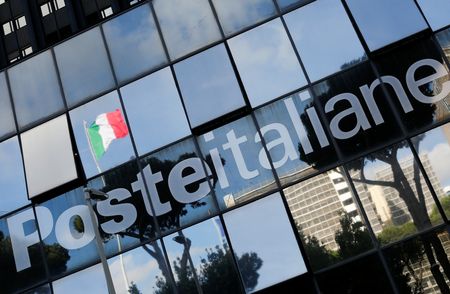BRUSSELS/BARCELONA (Reuters) -A disputed Spanish law granting an amnesty to those involved in Catalonia’s separatist drive does not violate European Union rules and is part of a genuine political reconciliation process, an adviser to the EU’s top court said on Thursday.
The decision by Advocate General Dean Spielmann is a boost to Prime Minister Pedro Sanchez and Catalan separatists because such recommendations are often upheld by the court’s judges.
The law, approved last year by the Spanish lower house, was part of an agreement between the ruling Socialist Party and Catalan separatist groups which allowed Sanchez to stay in power in 2023, prompting unsuccessful attempts to block it by the conservative opposition.
More than 300 people have been pardoned under the law that concedes amnesty for criminal and administrative offences over Catalonia’s separatist push since 2011.
“It appears to have been adopted in a genuine context of political and social reconciliation, and does not constitute a self-amnesty,” a court statement cited Spielmann as saying.
“We are very pleased with the Advocate General’s conclusions because he says that the amnesty law is in accordance with European law,” Spain’s Justice Minister Felix Bolanos told reporters.
Spielmann also said applying the amnesty to cases of embezzlement would not be contrary to EU law, which could potentially benefit former Catalan separatist leader Carles Puigdemont, who lives in self-imposed exile in Belgium.
The Spanish judge handling Puigdemont’s case has said the amnesty does not apply to him as he is also charged with embezzlement of about 5 million euros of public money used to finance an illegal 2017 independence referendum.
Puigdemont, who denies the accusation and has appealed, welcomed Spielmann’s decision, saying it exposed a “strategy of delay and manipulation” to block the application of the law to everyone.
His party, Junts, decided last month to withdraw support from Spain’s leftist government, further complicating its ability to pass legislation. Junts cited the lack of full implementation of the amnesty law as one of the reasons for its decision.
(Reporting by Inti Landauro and Joan Faus; Editing by Andrei Khalip and Ed Osmond)











